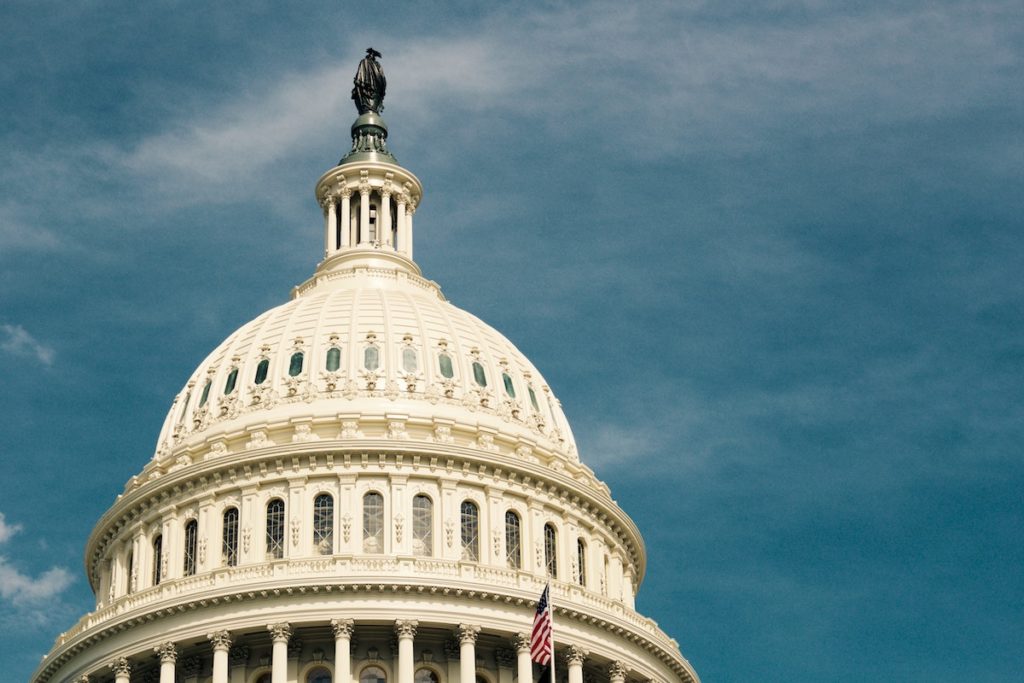Required Minimum Distribution Rules Are Suspended for 2020
In normal times, after reaching the magic age, you must start taking annual required minimum distributions (RMDs) from traditional IRAs and from qualified retirement plan accounts. The magic age is 70 1/2 if you attained that age before 2020 or 72 if you attain age 70 1/2 after 2019.
Thankfully, the CARES Act suspends all RMDs that you would have to take in 2020. For 2021 and beyond, the RMD rules will be applied as if 2020 never happened.
The suspension of RMDs for this year helps your 2020 tax situation, because you avoid the tax hit on RMDs that you otherwise would have had to withdraw this year. If you are in a low tax bracket and do not need the funds, anyone may consider doing an IRA to ROTH IRA conversion.
IRA account holders over age 70 ½ can still make a Qualified Charitable Distributions (QCDs) during 2020 of up to $100,000.
Loan Rules Changed for Qualified Retirement Plans in 2020
Loans taken out in 2020 are allowed up to the lesser of $100,000 or 100% of your vested account balance. Limits will return to the lesser of $50,000 or 50% of your account balance in 2021.
Additionally, you are now allowed a six year loan term instead of a five year term. Furthermore, all retirement plan loan payments can be suspended for 2020.
COVID-19-Related Distributions from IRAs Get Tax-Favored Treatment
If you are an IRA owner who has been adversely affected by the COVID-19 pandemic, you could be eligible to take tax-favored distributions from your IRA(s) or possibly from your company retirement plan.
For brevity, let’s call these allowable COVID-19 distributions “CVDs.” They can add up to as much as $100,000. Eligible individuals can recontribute (repay) CVD amounts back into an IRA within three years of the withdrawal date and avoid income taxes. There are no restrictions on how you can use CVD money during the three-year recontribution period.
Eligible individuals can take one or more CVDs, up to the $100,000 aggregate limit, and these can come from one or more IRAs. You can make recontributions in a lump sum or make multiple recontributions. You can recontribute to one or several IRAs, and they don’t have to be the same account(s) you took the CVD(s) from in the first place.
CARES Act Frequently Asked Questions (FAQs)
Do I Qualify for the CVD Privilege?
Some IRA owners will clearly qualify, while others may have to wait for IRS guidance. Currently, the CARES Act states:
A COVID-19-related distribution is a distribution of up to $100,000 from an eligible retirement plan that is made on or after January 2, 2020, and before December 31, 2020, to an individual
- who is diagnosed with COVID-19 by a test approved by the Centers for Disease Control and Prevention; or
- whose spouse or dependent (generally a qualifying child or relative who receives more than half of his or her support from you) is diagnosed with COVID-19 by such a test; or
- who experiences adverse financial consequences as a result of being quarantined, furloughed, laid off, or forced to reduce work hours due to COVID-19; or
- who is unable to work because of a lack of child care due to COVID-19 and experiences adverse financial consequences as a result; or
- who owns or operates a business that has closed or had operating hours reduced due to COVID-19, and who has experienced adverse financial consequences as a result; or
- who has experienced adverse financial consequences due to other COVID-19-related factors to be specified in future IRS guidance.
We await IRS guidance on how to interpret the last two factors.
What If I Don’t Recontribute a CVD within the Three-Year Window?
You will owe income tax on the CVD amount that you don’t recontribute within the three-year window, but you don’t have to worry about owing the 10 percent early withdrawal penalty tax if you are under age 59 1/2.
If you don’t repay, you can choose to spread the taxable amount equally over three years, apparently starting with 2020. You also have the option of simply electing to report the taxable income from the CVD on your 2020 Form 1040.
Final Thoughts About the CARES Act
The CVD privilege can be a helpful and flexible tax-favored financial arrangement for eligible IRA owners and qualified retirement plan participants.
- You can get needed cash into your hands right now without incurring the early withdrawal penalties.
- You can then recontribute the CVD amount anytime within the three-year window that will close sometime in 2023—depending on the date you take the CVD—to avoid any federal income tax hit.
We welcome the opportunity to answer any questions you may have. Contact us to learn more about how WFA can partner with you to grow and protect your wealth.










